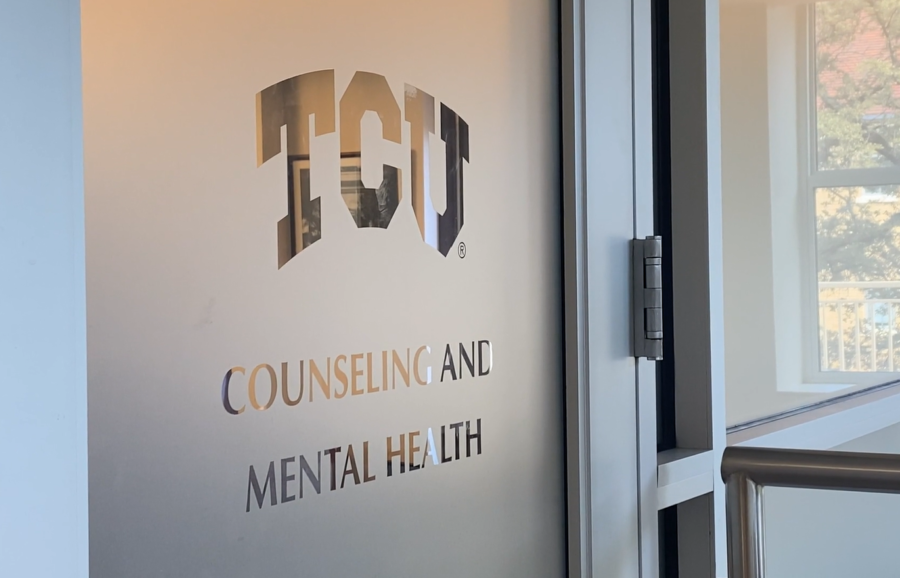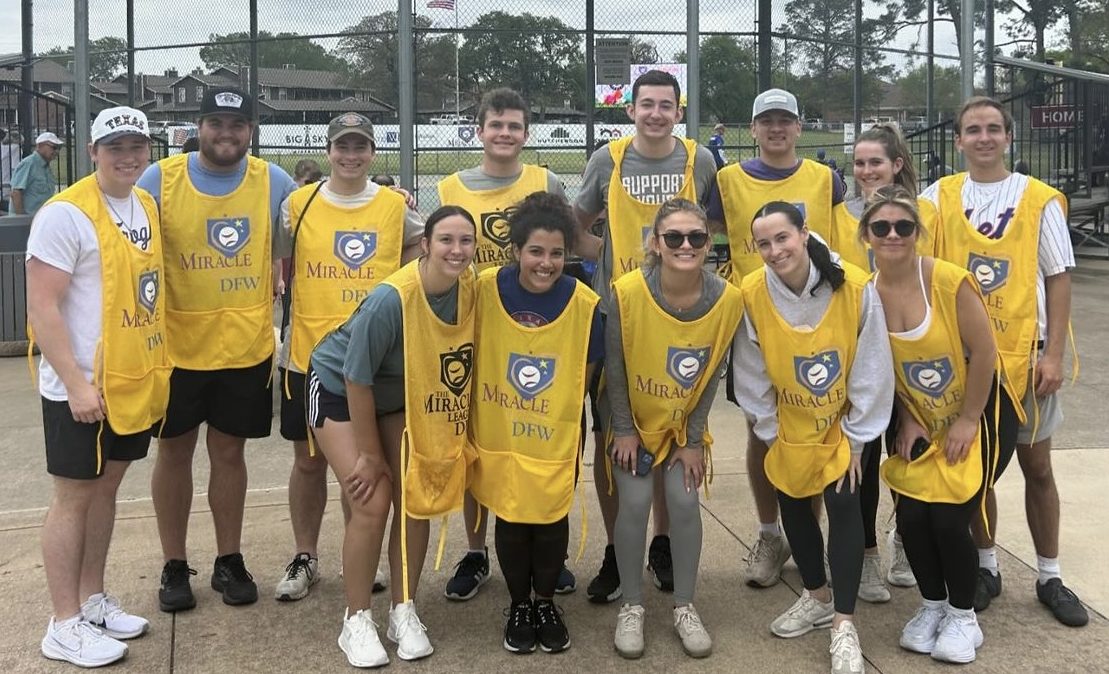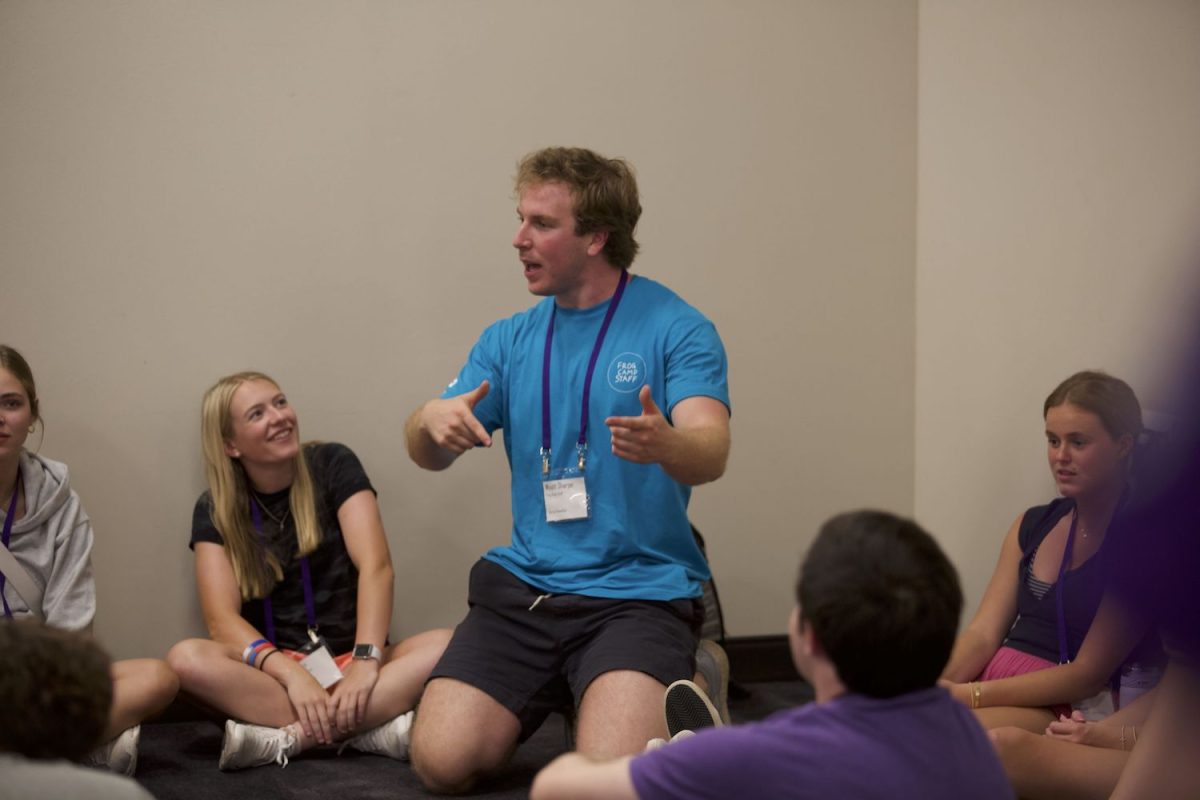In recent years, universities have recognized the importance of prioritizing mental health and well-being for their students. TCU offers a wide variety of mental health resources and initiatives aimed at supporting the mental and emotional wellness of its diverse student body.
A significant number of college students today meet the criteria for at least one mental health concern, according to Inside Higher’s Healthy Minds Survey.
The survey of 90,000 students representing 133 U.S. campuses found:
- 44% of students experienced depression
- 37% experienced anxiety
- 15% said they were considering suicide

The TCU Counseling and Mental Health Center (CMHC) is led by a team of licensed mental health professionals who provide confidential student services, including student-led peer support communities, goal-directed counseling, specialized services from community providers and referral support.
Federal privacy laws prevent TCU from releasing any information about students who seek treatment.
“Student’s counseling records are not connected to their student records,” Lindsey Tardif, Assistant Director of training for the counseling center, said.
TCU’s mental health support offers assistance that includes a 24/7 counseling help line at (817) 257-7233; this number is listed on the back of students ID cards. In addition to this helpline, TCU has a team of crisis counselors on standby, available Monday-Friday from 9 a.m. to 5 p.m. to help students in need.
Although these resources are available, students often feel like their mental health is not as important as their other commitments, according to undergraduates.
“Mental health is definitely talked about, but I don’t think anyone cares at the same time,” Courtney Stockhaus, junior strategic communication major, said. “Unfortunately, at the end of the day, you are still expected to get your stuff done regardless of how you feel.”
Through TCU’s advancement in mental health advocacy, they also pay close attention to students’ needs, feedback, and reviews, according to the TCU Counseling and Mental Health Center. TCU has an entire office dedicated to Wellness Promotion and Education, which provides frequent outreach initiatives, including student workshops.
According to TCU students, campus staff could still do more.
“At other schools, they provide mental health days,” Emily Warr, junior childhood education major, said. “You know, sometimes you just can’t make the class or get out of bed that day, but that doesn’t count as a university-excused absence.”
“I think it has to do with professors and staff being open-minded. I think this is something they could work on,” she said.
The TCU Counseling and Mental Health Center is available to all enrolled students, free of charge. This is possible through TCU’s generous donors and grants that provide stipends for special services on campus.
Students seeking care on campus can access these resources by calling the front desk at 817-257-7863 or dropping into their office on the second floor of Jarvis to schedule an initial appointment.











